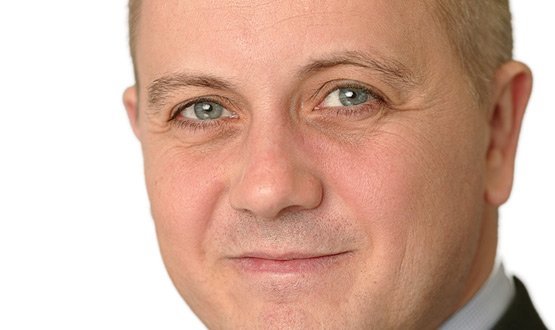Kelsey hails breakthrough for care.data
- 17 April 2013

Tim Kelsey, the national director of patients and information, has claimed a breakthrough in linking-up data flows between secondary and primary care.
Kelsey said that NHS England “will shortly be making a big announcement with the Royal College of General Practitioners and the British Medical Association that will enable much better data flow out of primary care and link to secondary care.”
After a session at HC2013 in Birmingham, Kelsey told EHI that the announcement would be a key step, clearing the way to develop care.data as the portal to link together patient data from different care sectors for the first time.
Care.data is designed to capture and link data so it can be used by the NHS to analyse outcomes and feed the patient choice and transparency agendas.
It is hosted by the Health and Social Care Information Centre, which extracts the primary care data using the General Practice Extraction Service.
Its early days have been dogged by rows over information governance, with GP groups expressing concern about the size of the data set that could be extracted, and the ability or otherwise for patients to object.
The GPES Independent Advisory Group recently issued an updated customer requirement for the programme, saying that patients should be able to make a “reasonable objection” to their data being shared.
With this proviso, and some other recommendations, such as a better justification for the data to be collected, it approved the care.data programme. The BMA is now working on guidance for its members on how to work with the new system.
Kelsey told delegates to HC2013 that care.data was essential, because the NHS had almost no information on what it did, never mind about the outcomes of its work.
He said the NHS could not, at the moment, say how many people it is treating for chemotherapy, or what the outcomes are. “I find that astonishing.”
At a later conference session, Dr Mark Davies, clinical director of the HSCIC, described GP data “as a rich cradle to grave record that has been locked within general practice.”
Referring to the recently concluded negotiatons with medical organisations and the advisory group, he said: “We have just achieved agreement to allow the flow of this identifiable data, initially around commissioning, into this safe haven [the HSCIC].”
In a further move, NHS England will in June launch a formal consultation on what extra hospital data should flow into care.data, and the standards that will be required to enable secondary care data to flow and be connected to primary care data.
Geraint Lewis, the chief data officer for NHS England, said in a session on the new care.data: “The consultation will be on what additional hospital data that should flow, we will be asking people what data should be flowing. It will be a formal 12-week consultation with events and workshops.”
He added the new consultation will seek submissions on what standards will be required to move away from the current Hospital Episodes Statistics (HES) to Care Episode Statistics (CES) to enable “data to flow from hospitals.”
Kelsey and Dr Davies also indicated that they were determined on a new push to get the NHS Number used as the primary identifier across the NHS.
Although successive NHS IT strategies have called for this to be done, and NHS Connecting for Health ran a whole NHS Number programme, Dr Davies said: “Some hospitals are using other identifiers; that has to stop.”




